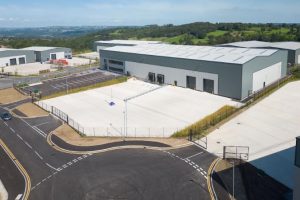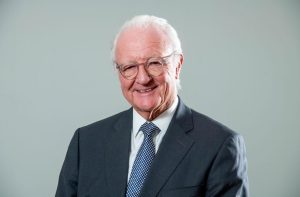Subdued demand affects White Young Green

WHITE Young Green (WYG), the building, housing and environmental consultant, today warned that profits for the full year would be “slightly lower” as a result of subdued demand for its services and redundancy costs.
In an interim management statement the Leeds-based group, which has advised on a number of leading regional projects including working on the new stand at York Racecourse, said that trading had been difficult over the first half and that the challenging conditions were expected to continue into the second half.
It said that it had already reacted to the challenges with costs savings of £5m achieved including redundancies within areas of the business experiencing weak demand.
WYG added that staff had been redeployed into more buoyant areas within the public sector including healthcare, education and infrastructure.
Redundancy costs according to the group are expected to be around £1.1m and would be charged in its half-year results.
Despite weakening demand however, WYG said it had continued to secure high profile projects both nationally and internationally including a contract in Ukraine for the European Commission to support the country’s World Trade Organisation and European Neighbourhood policy framework.
Closer to home it secured management of a four year framework agreement on behalf of a collaborative group of public sector bodies in South West England to service a property and capital programme of £100m a year providing engineering, health and safety and project management consultancies
WYG has also been appointed to deliver structural engineering consultancy services for a new science facility near King’s Cross, London, which has a project value of £500m.
Peter Wood, chairman of WYG, said that the board remained confident of its diversified business model that would “prove to be resilient” in current market conditions.
“The business has reacted quickly to these challenging conditions and is adjusting its cost base, focusing further on cash generation and looking to exploit sectors of the economy where there continues to be sustainable demand,” he said.
“These changes will help the Group to come out of the current economic downturn with a more efficient cost base and business model and enable it to more profitably exploit future opportunities.”
In September the group reported that pre-tax profits for the year ended June 30 had increased by 26% to £16.8m.
Turnover increased to £282.1m from £220.6m, of which £22.4m came from acquisitions completed during the year.
The order book then stood at a record £400m, up from £380m in 2007, with 51% represented by long term framework agreements extending beyond 2012.







